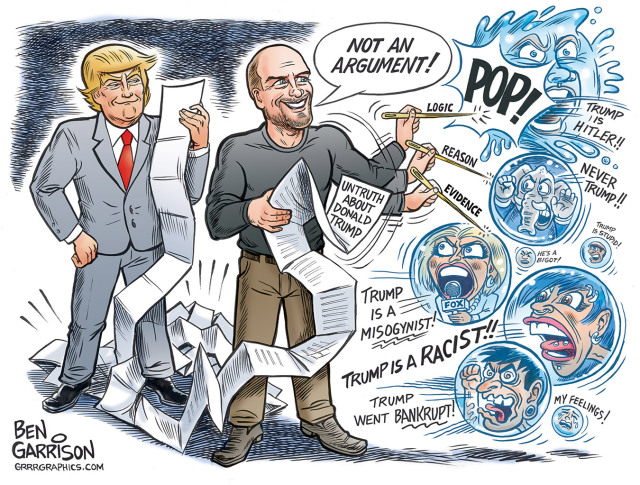These 5 individuals would certainly have power otherwise it wouldnt reall be a government, im pretty sure the small council of Cheran enforces its laws through the community militia.
Those five people have authority that rests completely on the acquiescence of the other 45, there is no dedicated group that is paid to enforce the decisions of that council.
Cheran has its militias which would enforce its laws but how are those militias formed and sustained? That's important and here's what the article in the OP has to say about it
The armed guards at the town entrances are part of a locally selected police force of 120 or so, known as la ronda comunitaria.
Its not clear to me what this selection process is and what the compensation for their service is and those details are relevant here. I tried doing a Google search on them but all the hits other than general articles on Cheran like the one in the OP are in Spanish so maybe you could tell me more about them.
What Panamaican says and he is totally 100% correct is that the more complex and convoluted society becomes the more faceless and coercive the government appears to be.
That's true since we've seen it happen throughout history up until today but does it necessarily have to be the only path a society must take? What libertarians and anarchists argue is no and they might point to places like Cheran where there is more localized self rule as a step in that direction.
I disagree with the central point that the 5 person government lacks a coercive apparatus. A 5 person government that elects to create an enforcement branch will subsequently have a coercive apparatus. An enforcement arm isn't required for a government to be a government or a state but neither does it's existence transform the enforcement into something it wasn't before.
I suppose they could elect to create a coercive apparatus but I used the 50 people on a desert island example because its virtually impossible to establish the kind of power differential that exists between a modern head of state and a citizen in the absence of some sort of moral legitimacy in the eyes of the general population.
So the desert island would always require a much higher critical mass of acquiescence to the authority of the 5 person council than a modern state. A modern head of state in a corrupt authoritarian country doesn't really need to have a ruling coalition that includes much of anyone beyond the coercive apparatus.
Even the libertarians argue for coercive apparatus, they simply draw a false distinction that a small, volunteer militia enforcing the law is different from small paid militia enforcing the law. But the laws being enforced are created by centralized government and the people enforcing them are doing it at the bequest and furtherance of the centralized government.
I think there is a distinction to be made here though. A paid militia is likely easier to wield against the interests of the people than a volunteer one because they they're self interest is now tied to institution paying them. I would suspect a volunteer militia would be more likely to disobey an immoral order since it doesn't cost them the salary they don't have.
Also another distinction is the government creating the laws. With a model like Cheran the emphasis is on local structures which is why they separated the city into four jurisdictions that have their own councils. I would imagine in practice there's a qualitative difference, whether for better or worse, between the governance of a local council and the governance of a national assembly.
As for size, there's less need for a large government when the regions and populace being governed are small themselves. But you cannot govern 100,000 people with a government the same size as what you'd use to govern 100 people. You might be able to restrict the existence of unnecessary government but it's going to be relatively large.
I agree and I'm not arguing that this kind of communal rule is objectively better for all peoples everywhere. I do think that this form of governance
might be better suited for certain peoples in certain places. Places like Sub-Saharan Africa, North Africa, and the Middle East have struggled to create sustainable and legitimate governance with the standard nation-state model with only a few exceptions. What I'm saying is this style of governance may be better suited for those places where the existence of a strong centralized national government has reliably produced a predatory, authoritarian state.
And my final point on enforcement is that these non-coercive arguments frequently (not in this exchange but elsewhere) grant that the non-government entities will spend coin to create an enforcement branch of their own which will be used to compel others to abide by rules that they might not agree with.
Compulsion is compulsion no matter how you do it. Rules are rules whether you call them laws, edicts, codes of conduct, etc. And whenever a group of people grant a small percentage of those people the ability to create rules that affect other people and they have the tools to compel compliance then they have a government...no matter what they might choose to call it.
Sure I agree with that, I'm just saying there's a qualitative difference between the kind of quasi-anarchic governance seen in Cheran and
Rojova and the kind of governance seen in a standard nation-state and that in some contexts the latter might be more prone to corruption and authoritarian tendencies than the former.



